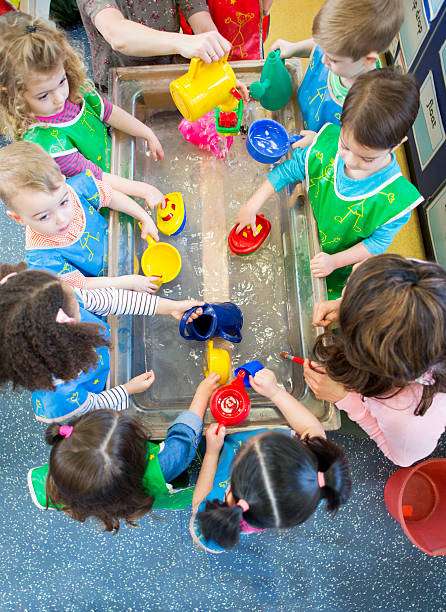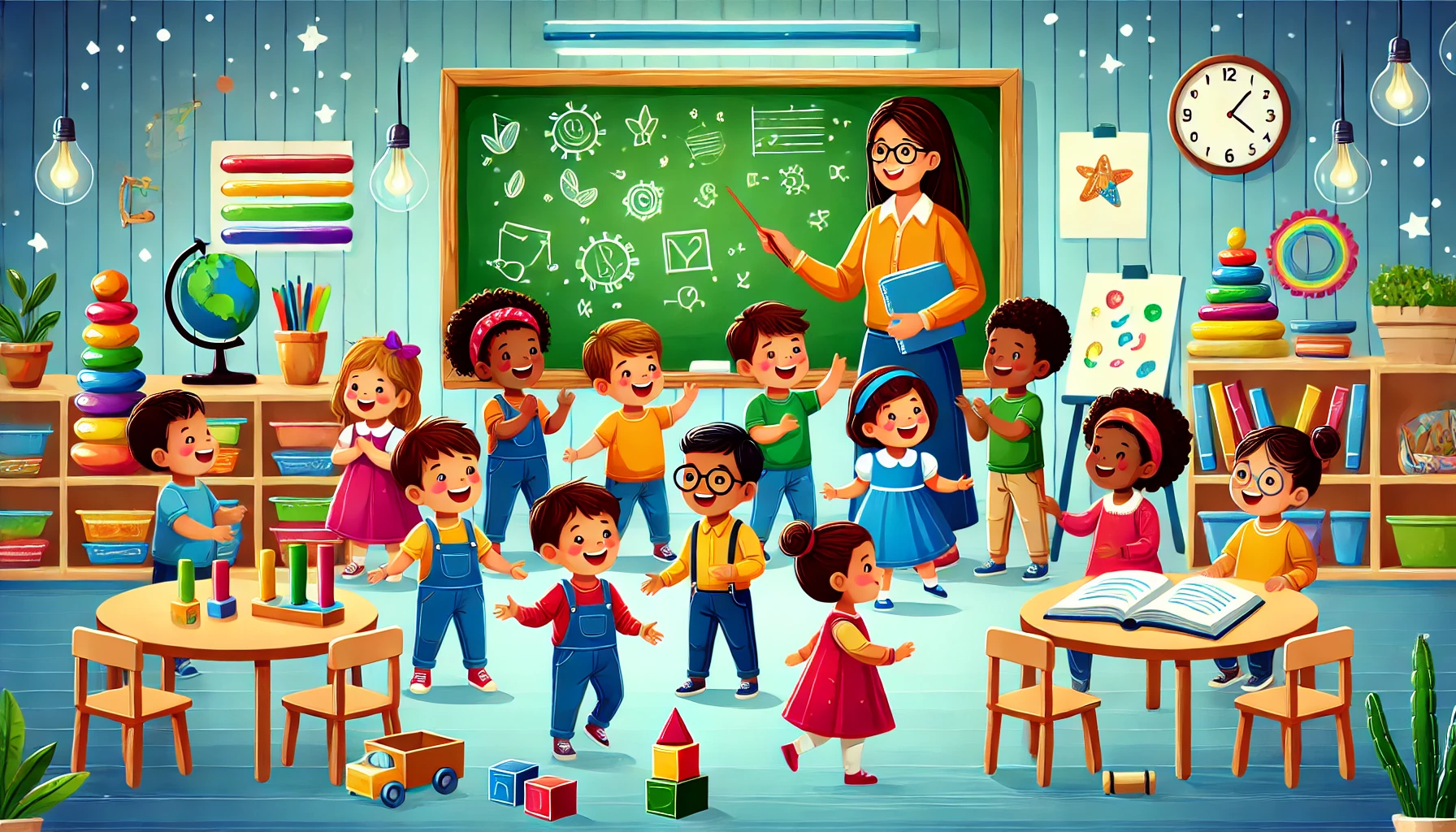Early childhood education is a pivotal foundation for a child’s intellectual, emotional, and social development. This critical stage, often encompassing the first eight years of life, provides children with the tools they need to navigate and excel in the world around them. From fostering cognitive skills to nurturing emotional resilience, early education shapes the way young minds grow and interact with their environment.

The Importance of Early Learning
Research underscores the significant impact of early education on a child’s future success. During these formative years, the brain develops at an extraordinary pace, creating neural connections that form the basis for lifelong learning. Structured early education programs introduce children to basic literacy and numeracy while cultivating critical thinking and problem-solving skills.
Building Social Skills and Emotional Intelligence
Early education also emphasizes social interaction. Through group activities, children learn teamwork, empathy, and effective communication. These experiences help them understand and manage their emotions, laying the groundwork for strong interpersonal relationships.


Closing the Opportunity Gap
Quality early education can bridge the gap for children from diverse socioeconomic backgrounds. It equips them with equal opportunities to succeed academically and socially, promoting inclusivity and reducing disparities in achievement.
Parental Involvement Matters
Parents play an integral role in reinforcing the lessons learned in early education settings. By engaging in activities like reading, playing, and exploring with their children, parents create a supportive environment that enhances learning outcomes.

Conclusion
Investing in early childhood education is an investment in the future. It creates confident, capable individuals who are better prepared to contribute positively to society. As we recognize its profound impact, we must advocate for accessible, high-quality early education for every child.
Latest Posts




